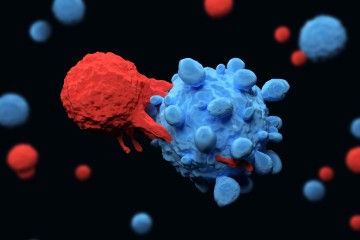CRACK IT Challenge
T-ALERT: Developing an in vitro assay to evaluate the tumourigenicity of human engineered T cell therapies

At a glance
In progress
Award date
January 2024 - January 2027
Contract amount
£996,487
Contractor(s)
Sponsor(s)
R
- Replacement
